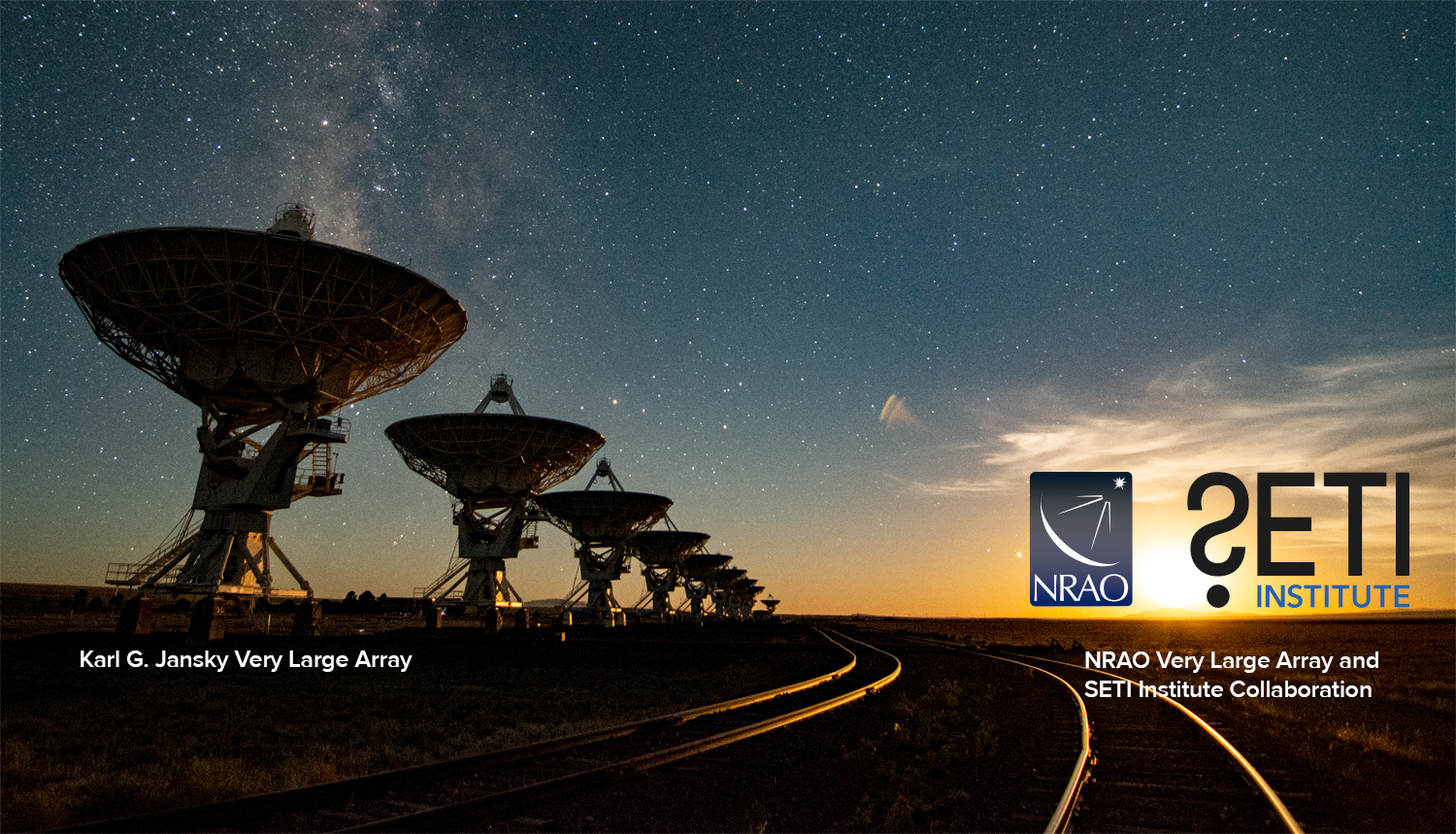Questions About a Career in Astronomy

Question:
My name is Juhlia. I am a student at Waialua High and Intermediate School and I am currently exploring areas of interest to guide me in determining my future career path. I am hoping you might be able to answer 10 questions you have about your job?
What is your job title and what exactly do you do?
What is a typical day like?
What has your career path looked like?
What jobs and experiences prepared you for your current position?
Is there anything you would have done differently in pursuing your current field?
What skills are most desirable and important in this field?
What is the most rewarding part of your job? What is the most challenging?
How many years did you have to spend to become an Astronomer?
Answer:
What is your job title and what exactly do you do?: I am an Astronomer at the National Radio Astronomy Observatory. My job involves developing astronomical observatories which operate at radio wavelengths for use by astronomers all over the world. I also conduct research on a variety of astrophysics topics which use a wide range of observatories.
What is a typical day like?: A typical day is in fact not very typical. I normally have a wide range of tasks that I can work on, and I organize those tasks based on what needs to get done on a typical day. Those tasks include working on radio telescope observatory development and tasks associated with my own research.
What has your career path looked like?: Most astronomers major in physics or astronomy as undergraduates. After finishing one’s bachelors degree most astronomers go on to graduate school in astronomy, where they work on masters and doctorate degrees. After one is awarded their doctorate degree in astronomy, most astronomers work first as postdoctoral researchers for a few years, after which they take permanent positions as astronomers at research institutes or universities.
What jobs and experiences prepared you for your current position?: I have been fortunate to be able to work closely with radio telescope observatory instrumentation and software. This experience has made it possible for me to assist with the development of new radio telescope observatories throughout my career.
Is there anything you would have done differently in pursuing your current field?: It is difficult for me to see how my career would have been better if I had changed its path.
What skills are most desirable and important in this field?: Having a very thorough understanding of physics is essential. Also excellent skills in computer programming are critical to being a professional astronomer.
What is the most rewarding part of your job? What is the most challenging?: I think that the most rewarding part of my job is that I get to help develop radio astronomical observatories for use by astronomers all over the world. This is, in fact, also the most challenging part of my job.
How many years did you have to spend to become an Astronomer?: It takes four years to earn a bachelors degree. Graduate school, where one earns their masters and doctorate, typically takes about five to seven years. So, it takes about nine to eleven years to earn one’s doctorate in astronomy and take a first job as a professional astronomer.





